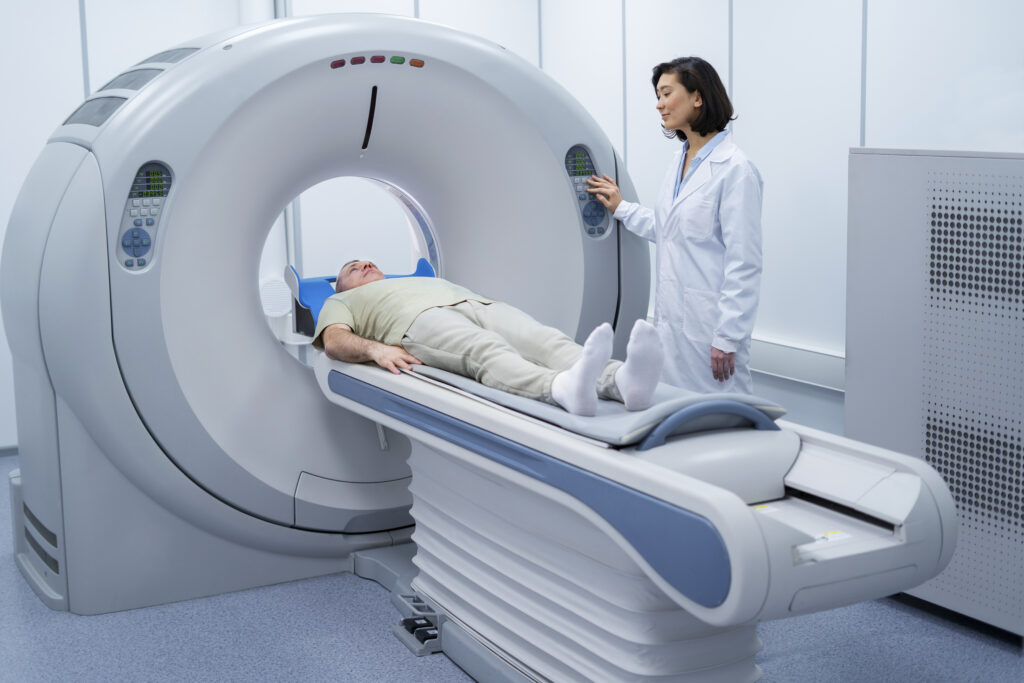Home > Cancer Treatment
Cancer Treatment
Cancer is a complex disease marked by the unchecked growth and spread of abnormal cells throughout the body. Cancer treatment refers to the different techniques and strategies used to treat and manage cancer. The purpose of cancer treatment is to get rid of malignant cells, stop them from growing, or control the disease’s symptoms and side effects. There are several main cancer therapy approaches, and they are frequently combined to provide patients the greatest results. These techniques consist of:
Provided Services
- Surgery:- The removal of malignant tumours or damaged tissue from the body is a surgical intervention. It is frequently applied to treat localised cancers, either curatively or palliatively, with the goals of symptom relief and enhancing quality of life.
- Radiation therapy: Radiation therapy targets and kills cancer cells using high-energy radiation, such as X-rays or protons. It can be administered either internally or externally and is frequently used to reduce tumour size, lessen discomfort, or slow the spread of cancer.
- Chemotherapy: Chemotherapy uses strong medications to either kill or stop the spread of cancer cells throughout the body. It is frequently used to treat tumours that have spread past their primary site and can be taken orally, intravenously, or through other means.
- Immunotherapy: Immunotherapy uses the immune system of the body to identify and combat cancer cells. It comprises a variety of strategies that aid in boosting the immune response against cancer, such as immune checkpoint inhibitors, CAR-T cell therapy, and cancer vaccines.
The type and stage of the cancer, general health status, and patient preferences are only a few of the variables that influence the choice of the best treatment strategy. The ultimate goal of cancer treatment, which frequently involves oncologists, surgeons, radiation oncologists, and other medical specialists, is to increase survival rates and improve the quality of life for cancer patients.

- Targeted therapy: By interfering with particular chemicals necessary for cancer cells to grow and survive, targeted therapy uses medications or other substances to specifically target cancer cells. These treatments aim to be more targeted and accurate than conventional chemotherapy, which could result in fewer side effects.
- Hormone Therapy: Breast cancer and prostate cancer are two examples of cancers that respond well to hormone therapy. In order to delay or stop the progression of cancer, it functions by blocking the effects of hormones or decreasing their synthesis.
- Precision Medicine: Using genomic and molecular data, oncologists may adapt cancer treatments to each patient's unique genetic profile. This strategy aids in locating the targeted treatments most likely to be successful for a certain patient.
24*7 Emergency
Make an appointment for emergency ?
We work round the clock and accepts the patients 24/7 x 365 days. It is staffed at all times by our professionals. You make an appointment at any time at Remedy Hospital in an emergency
